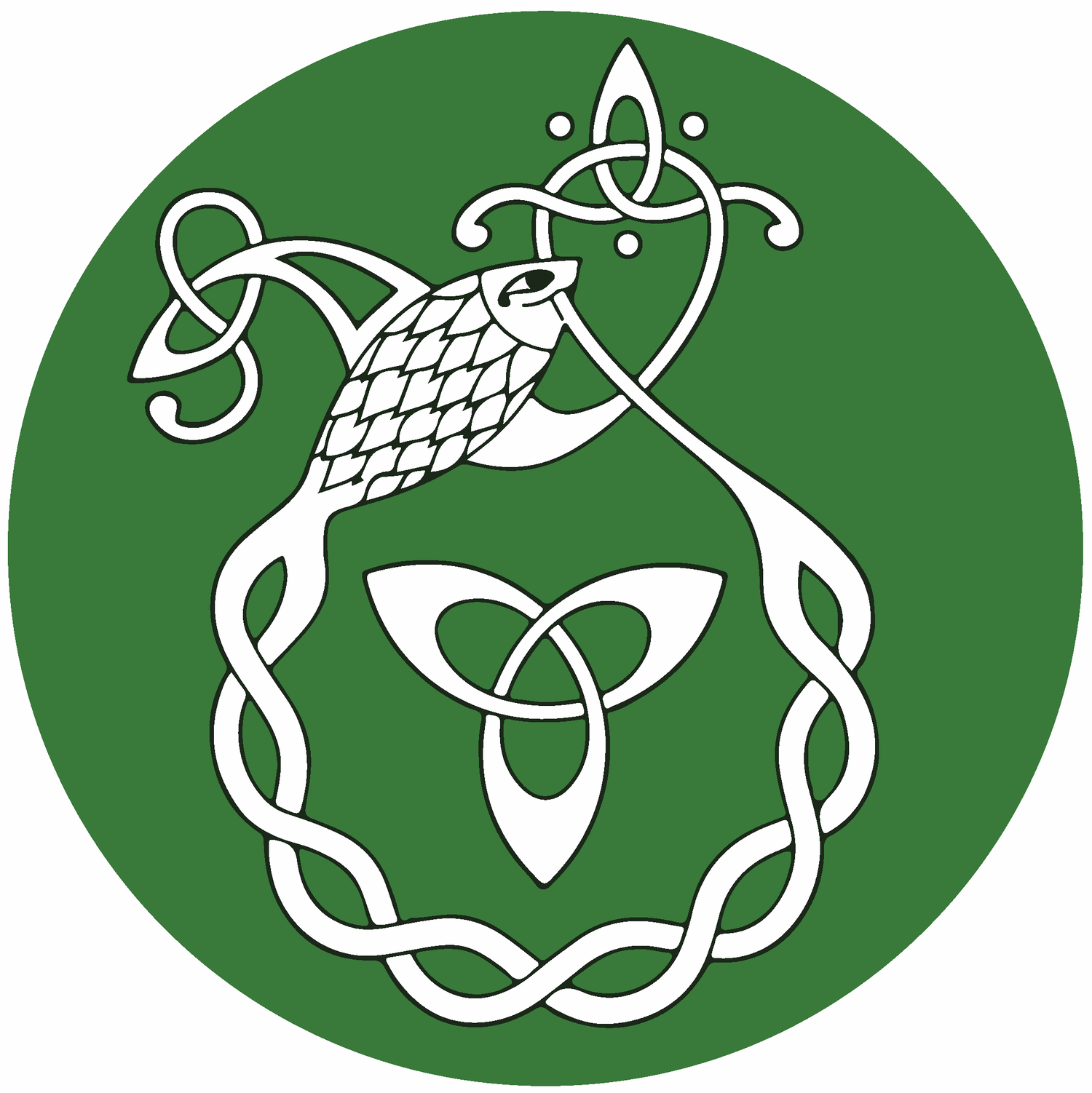Speed Curriculum 10: When?
How it Works
Gather Objects: Collect objects (e.g., ball, rock, book) as prompts.
Ask and Answer: Take turns asking and answering questions, using the shared vocabulary.
Keep It Quick: Maintain a fast pace for energy and focus.
Rotate Roles: Switch objects and roles and start another round.
Below are some recognized strategies for maximizing the speed, ease, and efficiency of language transfer. Techniques address a range of problems: they can help control the flow of information; modify the learning environment; decrease risk, anxiety, and distraction; increase comfort, speed, and enjoyment; and, perhaps most importantly, train learners to be teachers.
-
You actively look for chances to practice the language. You have conversations and play games to use the language in real-life situations.
-
A main part is asking questions like "Where is the X?" over and over. It helps you learn new words and how to make sentences. The questions get faster, so you have to answer quickly.
-
Language mentors are people who know the language well and help you learn. They give you feedback and support as you practice talking and using the language.
-
Circling means repeating a statement with some changes to help you understand the language better. It helps you see patterns and learn how sentences are put together.
-
Rather than revert to your native language, you can physically signal if you need help or don't understand something. The goal is to keep the immersion going as long as possible.
You also switch roles with others, taking turns as the speaker and the learner, so everyone gets a chance to practice.
When – Cén Uair?
“What time on which day is the party?”
What you need
a rock or stone
a book
a pen
a penny
a stick
a shoe
Stór Focal - Vocabulary
1 Past – an ___ seo caite
1 coming – an ___ seo chughainn
Next year – anuraidh
Happening – ar siúl
When? – cathain? / cén uair
Fortnight - coicís
During – i rith / le linn (+gen)
In (time span) – i gceann (+gen)
Monday - Dé Luain
Tuesday - Dé Máirt
Wednesday - Dé Céadaoin
Thursday - Déardaoin
Friday - Dé hAoine
Saturday - Dé Sathairn
Sunday - Dé Domhnaigh
Hour – uair
Minute – nóiméad
Half – leath- (lenites)
Quarter – ceathrú
After – i ndiaidh / tar éis
Before – roimh
Morning – maidin
Afternoon / evening – trathnóna
Night - oíche
Today – inniu
Tonight – anocht
Tomorrow – amárach
Previous/next – arú- (lenites)
Yesterday – inné
Last night – aréir
Phrases to Use
Cathain a bheidh do chóisir ann? When is your party?
Tá sé i gceann coicíse, ar Dé Luain. It’s in two weeks, on Monday.
An bhfuil sé sa mhaidin nó trathnóna? Is it in the morning or in the evening.
Tá sé ar oíche Dé Luain ag a seacht trathnóna. It’s on Monday night at 7 in the evening.
Cathain a bheidh to chóisir ina dhiaidh sin? When is your next party?
Bíonn cóisirí agam go minic, gach coicís. I have parties often, every two weeks.
